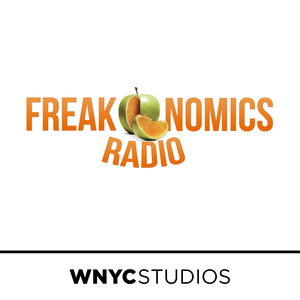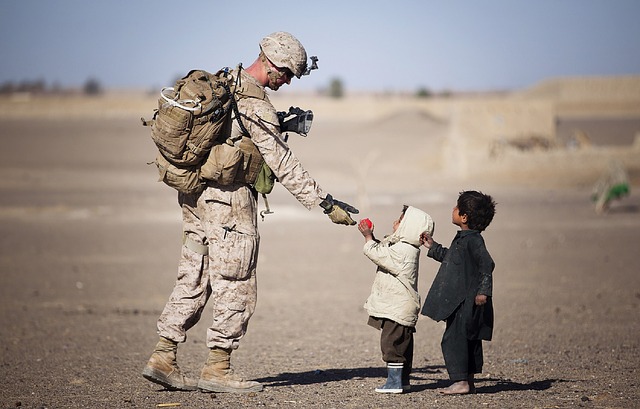Advice for HBS from the graduating class
/The HBS experience is brought to a close at the end of the second year with an event called “Bridges.” Students return to their original classroom to the seat where they sat on the first day, to reconvene as a section and reflect on the journey they all have just completed. The time leading up to bridges also affords second-year “ECs” to pass along wisdom to rising first-year “RCs.” Here is a collection of some of the best advice we came across:
Ditch imposter syndrome – many people at Harvard suffer from imposter syndrome; they worry that they were admissions mistakes. The truth is that life is too short for such self-doubt and that no one really “deserves” the benefits of the program. Instead of worrying about cosmic fairness in your admission, focus instead of living your life so that you are worthy of the gifts you are give.
Whiteboard your priorities – The currents at HBS are strong. Career events are geared to push you towards consulting and investment banking, the social hierarchy pushes you to rack up large bills drinking and traveling, and the curriculum implicitly pushes you to value higher paying jobs. If you don’t set your heading before you embark on your HBS journey, they will take you out to sea. To keep yourself on track, purchase a white board and stick somewhere in your apartment where you will see it every day. On the whiteboard, write down your 1-3 priorities for the coming year. As you consider whether to attend a lecture, social event, or weekend trip, check the opportunity against your criteria. If it doesn’t match, then decline with confidence.
Timebox your activities – If you plan on spending one hour on a case, pull out a stop watch and set it for 60 minutes. When it goes off, wherever you are in your reading or analysis, stop! There is always more work to do, more things to read. If you don’t put open-ended tasks into boxes they will eat up all the time you’re saving for other valuable activities.
Don’t put anything off – Your calendar next week may look more open now but it will become just as busy as your calendar this week. If you can avoid it, don’t push that coffee chat or phone call into the deceptively open future in order to buy time now. If it’s not worth doing now, instead ask if it is ever worth doing at all.
Roll over your IRA into a Roth – this is perhaps the most valuable advice you will get while you’re in graduate school!
Embrace unlearning – we all come with prejudices and misconceptions. Lean into experiences where you find your view challenged and when you find that they are wrong, change them!
Remember: companies exist for more than “shareholder value” – It's fashionable to advance Milton Friedman’s “property view” of corporations: that they exist solely for the enrichment of the owners, and that management should prioritize that objective above all others. Some of your classmates will believe that this opinion is accepted fact. This is not true! While management has a duty to maximize shareholder value in the event of a sale (in which case no “long term” interest can credibly exist), they have broad legal berth to exercise their own judgement in determining and attaining the objectives of a company. Furthermore, investors agree. On average, holding times for stocks are about two years, and the price tracks to earnings over 10 years, evidencing compelling market long-termism. In fact, if you analyze earning calls, short-term concerns are almost always brought up by the management, not the investors. Don’t let this myth perpetuate in class... or in the boardroom!
Hack your calendar in Year 2 – While you don’t get to choose any of your classes in Year 1, you have total flexibility in Year 2. The administration will say that it is not possible to get all your classes on either Monday/Tuesday (“X” Days) or Thursday/Friday (“Y” Days”) in the second year, but it is! Just look for International Field Courses between terms and Independent Projects.
Don’t let Harvard define you – You are so many more things. Harvard should just let you become more potent expressions of them. Plus, it’s always refreshing to read a speaker’s biography where HBS is mentioned only in passing at the very end.





























